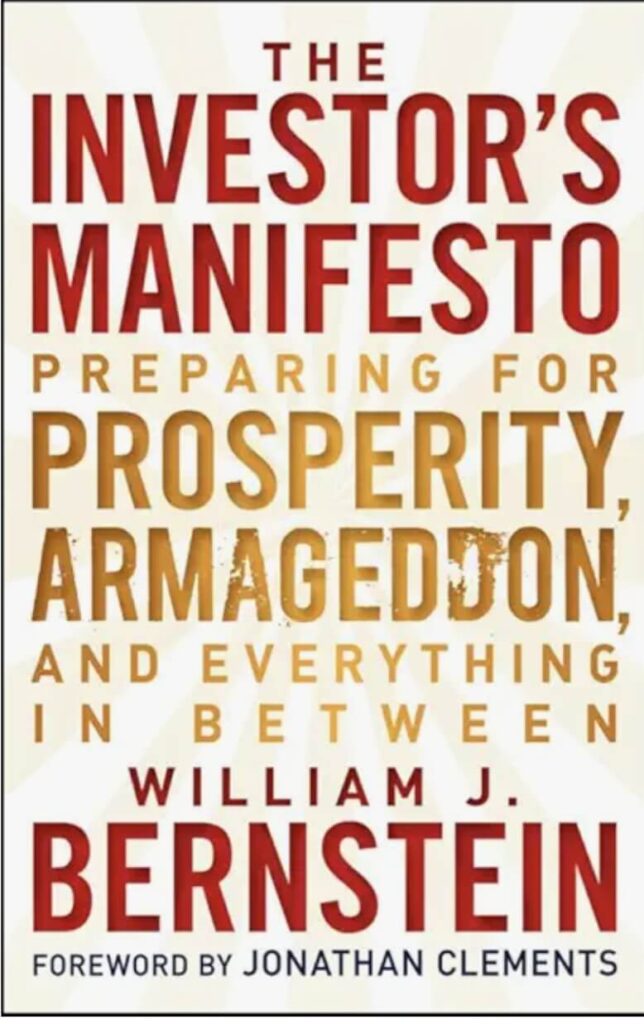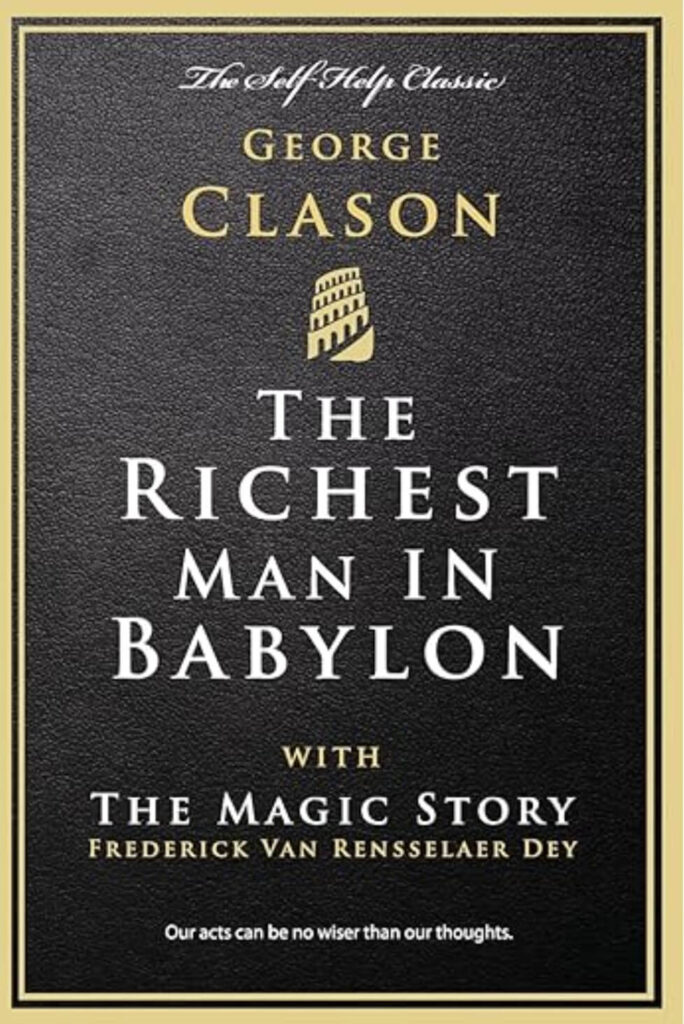Ever wonder how the richest nations became rich — and why they seem to discourage the very same tactics for others? Kicking Away the Ladder is Ha-Joon Chang’s explosive answer to that puzzle, and it turns conventional wisdom about development economics on its head.
In this rigorous yet accessible book, Chang argues that many of today’s wealthy countries — including the United States, the UK, and Germany — used aggressive protectionist and interventionist policies to industrialize. But once they became powerful, they began to advocate for free markets and minimal government as the only legitimate development path. In essence, they’ve “kicked away the ladder” that helped them rise.
💡 Why This Book Still Matters
Published in 2002, Kicking Away the Ladder remains a foundational critique of global economic policy. While globalization was being praised as the ultimate equalizer, Chang offered a counter-narrative: it’s not that poor countries are doing the wrong things — it’s that they’ve been told to avoid the right ones.
This book gives voice to the frustration felt in many parts of the Global South: that economic advice from rich nations often benefits the advisers more than the recipients. And more importantly, it documents this argument with historical precision.
🧠 The Core Idea
The phrase “kicking away the ladder” comes from 19th-century German economist Friedrich List, who accused Britain of denying developing nations the very tools it used to rise. Chang picks up this legacy, demonstrating that rich nations once nurtured their own industries behind high tariffs, subsidized key sectors, and heavily regulated foreign trade and investment — long before adopting today’s free-market stances.
Then, once they reached economic maturity, they reversed their positions and began promoting trade liberalization and deregulation to developing countries, often through international institutions like the IMF and World Bank.
📚 Structure of the Book
Kicking Away the Ladder is divided into two parts:
Part 1: Historical Myths of Economic Development
Chang dives deep into the economic histories of now-rich countries. He unearths forgotten truths about how nations like the U.S., Britain, and Germany built their economies:
⦁ The U.S. was once protectionist: Far from being born as a laissez-faire economy, America protected its industries with high tariffs for over a century. Alexander Hamilton’s 1791 Report on Manufactures argued for industrial subsidies and import duties — and Congress agreed.
⦁ Britain’s free trade was strategic: The UK only began preaching free trade after it had become the world’s leading industrial power — not before. Before that, it used state subsidies, tariffs, and even intellectual property theft.
⦁ Germany industrialized under protectionism: Guided by List’s theories, Germany in the 19th century protected its steel and chemical industries until they became globally competitive.
These examples are not cherry-picked anecdotes. They reveal a consistent pattern: economic success was built on heterodox policies — not the prescriptions currently offered to poorer nations.
Part 2: Policy Implications and Modern Hypocrisy
Chang turns to the present, examining how international institutions now push developing countries to adopt market liberalization, privatization, and free trade — while ignoring how developed nations achieved success using quite different methods.
He challenges the idea that there’s only “one best way” to develop. The reality, he argues, is far more complex — and historical evidence supports the case for diverse, context-specific policies, including state intervention, infant industry protection, and financial regulation
✅ Why You Should Read This Book
It Exposes a Double Standard
This book is a devastating critique of economic hypocrisy. Chang convincingly shows that the same policies considered “inefficient” or “backward” today were once the foundation of Western industrial success.
It Changes How You See Development
Many of us accept international development orthodoxy as common sense. Kicking Away the Ladder dismantles that belief, giving you a new lens through which to understand global inequality.
It’s Both Academic and Accessible
Though grounded in research, the writing is surprisingly clear and engaging. You don’t need to be an economist to follow the arguments, but if you are one — it might just shake your worldview.
🎯 Real-World Relevance
In today’s world of widening inequality, stalled development, and growing skepticism about globalization, Chang’s critique has only grown more relevant. Consider:
⦁ Trade deals and intellectual property rules that limit technology transfer to poorer countries.
⦁ IMF and World Bank loan conditions that require austerity and deregulation.
⦁ Multinational lobbying against industrial subsidies in emerging markets.
Chang’s book shows that these are not natural laws of economics — they are policy choices, and often self-serving ones.
⚠️ Where the Book May Challenge You
It Rejects Mainstream Economics
If you’re steeped in neoclassical models, this book can feel like a provocation. Chang isn’t just criticizing outcomes — he’s challenging the very foundations of modern economic advice.
It’s Heavy on History
For readers looking for quick policy takeaways or step-by-step plans, the deep historical analysis might feel like a detour. But that’s also where the book’s power lies — in showing that history, not just theory, should guide our thinking.
💬 What Readers and Critics Say
“A wake-up call for development economics” — Academics and policy-makers have praised the book for revealing the intellectual contradictions of global development discourse.
“A revelation” — Readers from the Global South often say the book articulates what they’ve long suspected: that the rules of the game are rigged.
“A challenge to orthodoxy” — Even critics admit that Chang forces economists to revisit assumptions about growth and globalization.
📈 Final Verdict: ★★★★★ (5/5)
Kicking Away the Ladder is not just a brilliant piece of historical analysis — it’s a call for intellectual honesty and global fairness. It argues, with evidence and clarity, that no single economic model fits all countries, and that poor nations deserve the freedom to chart their own course.
For anyone interested in development, globalization, or the future of capitalism, this book is essential reading. It won’t just change your mind — it will change how you read every piece of economic policy from that point on.




